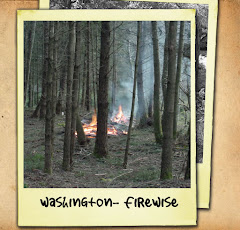Spread good cheer, not bad germs. Wash hands often to keep yourself from spreading germs and getting sick. Don't share drinks – and remind your kids to not share bottles of water or soft drinks, which increases the risk of colds, mono and flu.
Don't invite foodborne illness. Buffets and big meals are all part of the holiday cheer. But they can also lead to a higher risk of foodborne illness, which can have serious consequences. Remember these four simple steps:
- Wash hands and surfaces often
- Avoid cross-contamination
- Cook foods to proper temperatures
- Refrigerate foods promptly.
Manage stress. Keep a check on over-commitment and over-spending.
Don't drink and drive. Also, don't let anyone else drink and drive. Plan ahead for parties.
Monitor the children. Keep dangerous toys, foods and household items out of their reach. Make sure toys are used properly.
Prevent injury. The CDC reports that about 5,800 Americans go to emergency rooms during the holiday season for treatment of fall-related injuries sustained while decorating. Use step stools instead of furniture when hanging decorations indoors. When stringing or removing outdoor lights, use a ladder safely and stay off of a wet or snowy roof.
Practice fire safety. Most residential fires occur during the winter months. Keep candles away from children, pets, curtains and Christmas trees. Never leave fireplaces, stoves or candles unattended.
Don't ignore symptoms of serious illness. A 2004 study from UC San Diego revealed that more people die from heart attacks on Christmas Day and New Year's Day than any other days of the year. Researchers laid the blame on patients' reluctance to disrupt celebrations and seek help. For those suffering from a heart attack or stroke, every second counts. If you see or have any of the symptoms listed below, immediately call 9-1-1:
- Chest discomfort or discomfort in other areas of the upper body.
- Shortness of breath with or without chest discomfort.
- Sudden numbness or weakness of the face, arm or leg, especially on one side of the body.
- Sudden confusion, trouble speaking or understanding.
- Sudden trouble seeing in one or both eyes.
- Sudden trouble walking, dizziness, loss of balance or coordination.
- Sudden, severe headache with no known cause.
- Other signs may include breaking out in a cold sweat, nausea or lightheadedness.
by Susan Struck








No comments:
Post a Comment